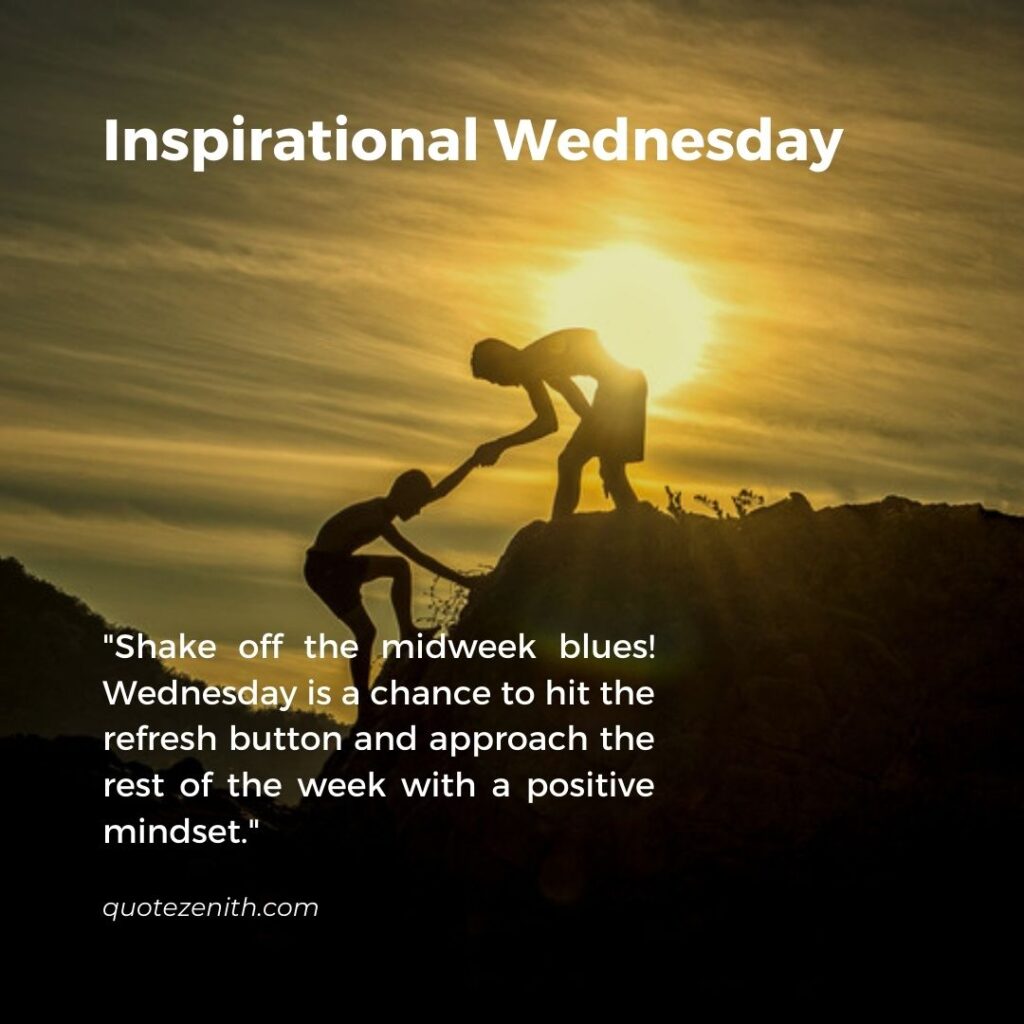Quotes have long been a source of inspiration and wisdom. In educational settings, teachers often use quotes to inspire and educate students, fostering a positive learning environment and encouraging critical thinking.
This article explores various ways teachers incorporate quotes into their teaching practices and the impact these quotes have on students.
Quotes: The Secret Weapon for Teachers
Quotes are like little bursts of wisdom, packed into a tiny sentence. They can pump you up, make you think, or just make you feel better. And guess what? They’re awesome tools for teachers too! Imagine using them to teach kids big life lessons, make boring subjects fun, or just give them a mental boost.
How Teachers Use Quotes in the Classroom
1. Motivational Walls and Classroom Decor
One of the most common ways teachers use quotes is by displaying them around the classroom. Motivational walls filled with quotes can create an inspiring atmosphere.
These quotes can be changed periodically to keep the environment fresh and engaging.
- Example: A quote like “The future belongs to those who believe in the beauty of their dreams” by Eleanor Roosevelt can inspire students to pursue their goals with determination.
2. Writing Prompts
Quotes can be excellent writing prompts. They encourage students to think critically and express their thoughts in writing. Teachers can use quotes to prompt essays, journal entries, or creative writing assignments.
- Example: A quote like “In the middle of difficulty lies opportunity” by Albert Einstein can prompt students to write about a challenging experience and what they learned from it.
3. Discussion Starters
Quotes can serve as effective discussion starters. They can provoke thoughtful conversations and debates, helping students develop their critical thinking and communication skills.
- Example: A quote like “Education is the most powerful weapon which you can use to change the world” by Nelson Mandela can lead to a discussion about the importance of education and its impact on society.
4. Quote of the Day or Week
Having a quote of the day or week can provide students with a daily dose of inspiration. Teachers can start the day by discussing the quote and its relevance to the students’ lives.
- Example: A quote like “The only way to do great work is to love what you do” by Steve Jobs can encourage students to pursue their passions.
5. Character Education
Quotes can be used to teach important character traits and values. By discussing quotes related to honesty, kindness, perseverance, and other virtues, teachers can help students develop strong moral character.
- Example: A quote like “Integrity is doing the right thing, even when no one is watching” by C.S. Lewis can be used to teach students about the importance of integrity.

The Impact of Quotes on Students
1. Increased Motivation
Quotes can boost students’ motivation by providing them with encouragement and inspiration. When students see quotes that resonate with them, they are more likely to feel motivated to work hard and achieve their goals.
2. Enhanced Critical Thinking
Discussing and analyzing quotes helps students develop their critical thinking skills. They learn to interpret the meaning of the quotes, consider different perspectives, and articulate their thoughts clearly.
3. Improved Writing Skills
Using quotes as writing prompts can improve students’ writing skills. They learn to organize their thoughts, develop coherent arguments, and express themselves effectively.
4. Positive Classroom Environment
Quotes can contribute to a positive classroom environment by promoting a culture of respect, kindness, and perseverance. They remind students of important values and encourage them to support one another.
Practical Applications of Quotes in Education
1. Morning Meetings
Teachers can incorporate quotes into morning meetings to set a positive tone for the day. Discussing a quote at the beginning of the day can help students start their day with a positive mindset.
2. Bulletin Boards
Creating bulletin boards with themed quotes can be an engaging way to reinforce academic concepts or character education.
For example, a bulletin board on perseverance might feature quotes about overcoming challenges.
3. Art Projects
Quotes can be used as inspiration for art projects. Students can create visual representations of their favorite quotes, combining creativity with critical thinking.
4. Reflection Activities
Teachers can use quotes for reflection activities, encouraging students to think about how the quotes relate to their own lives and experiences. This can be done through journaling, group discussions, or individual reflection.
5. Encouraging Growth Mindset
Quotes can be instrumental in fostering a growth mindset among students. A growth mindset is the belief that abilities and intelligence can be developed through dedication and hard work.
Teachers can use quotes to reinforce this concept and encourage students to embrace challenges and learn from failures.
- Example: A quote like “Success is not final, failure is not fatal: It is the courage to continue that counts” by Winston Churchill can help students understand that persistence is key to success.
6. Enhancing Subject-Specific Learning
Quotes can be used to enhance learning in specific subjects. For example, in a history class, quotes from historical figures can provide context and deepen students’ understanding of historical events.
In a science class, quotes from renowned scientists can inspire curiosity and a love for discovery.
- Example: A quote like “The important thing is not to stop questioning. Curiosity has its own reason for existing” by Albert Einstein can inspire students in a science class to keep exploring and asking questions.
7. Building Emotional Intelligence
Emotional intelligence involves the ability to understand and manage one’s own emotions, as well as the emotions of others. Quotes can be used to teach students about empathy, self-awareness, and emotional regulation.
- Example: A quote like “The greatest glory in living lies not in never falling, but in rising every time we fall” by Nelson Mandela can help students understand the importance of resilience and emotional strength.

Examples of Inspirational Quotes for Students
Motivational Quotes
- “The only limit to our realization of tomorrow is our doubts of today.” – Franklin D. Roosevelt
- “You miss 100% of the shots you don’t take.” – Wayne Gretzky
Reflective Quotes
- “The happiness of your life depends upon the quality of your thoughts.” – Marcus Aurelius
- “We cannot solve our problems with the same thinking we used when we created them.” – Albert Einstein
Character Education Quotes
- “The best way to find yourself is to lose yourself in the service of others.” – Mahatma Gandhi
- “Kindness is the language which the deaf can hear and the blind can see.” – Mark Twain
Practical Applications of Quotes in Education
1. Interactive Activities
Teachers can create interactive activities centered around quotes. For example, students can be asked to match quotes with their authors, or to create their own interpretations of famous quotes.
These activities can make learning more engaging and fun.
2. Collaborative Projects
Quotes can be used as the basis for collaborative projects. Students can work in groups to create presentations, posters, or videos that explore the meaning and significance of a particular quote.
This can foster teamwork and communication skills.
3. Themed Lessons
Teachers can design themed lessons around quotes. For example, a lesson on perseverance might include quotes about overcoming obstacles, while a lesson on kindness might feature quotes about empathy and compassion.
These themed lessons can help reinforce important values and concepts.
4. Personal Reflection
Quotes can be used for personal reflection activities. Students can be asked to choose a quote that resonates with them and write a personal reflection on why it is meaningful to them.
This can help students develop self-awareness and introspection.
Examples of Quotes for Different Educational Purposes
Growth Mindset Quotes
- “It does not matter how slowly you go as long as you do not stop.” – Confucius
- “The only way to achieve the impossible is to believe it is possible.” – Charles Kingsleigh
Subject-Specific Quotes
- History: “Those who do not learn history are doomed to repeat it.” – George Santayana
- Science: “Science is a way of thinking much more than it is a body of knowledge.” – Carl Sagan
Emotional Intelligence Quotes
- “The only way to do great work is to love what you do.” – Steve Jobs
- “Empathy is about finding echoes of another person in yourself.” – Mohsin Hamid
The Long-Term Impact of Quotes on Students
1. Lifelong Inspiration
The quotes that students encounter during their education can leave a lasting impression. Many people remember quotes from their school days that continue to inspire and guide them throughout their lives.
2. Development of Critical Thinking
Analyzing and interpreting quotes helps students develop critical thinking skills that are valuable in all areas of life. These skills enable students to think deeply, consider multiple perspectives, and make informed decisions.
3. Strengthened Values and Character
Quotes that emphasize important values and character traits can help shape students’ moral development. By reflecting on quotes about integrity, kindness, and perseverance, students can internalize these values and carry them into adulthood.
Conclusion
Quotes are a powerful and versatile tool in educational settings. They can inspire, motivate, and educate students, helping them develop important life skills and values.
By incorporating quotes into their teaching practices, teachers can create a positive and engaging learning environment that encourages students to think critically, express themselves, and strive for their best.
Whether used as writing prompts, discussion starters, or motivational decor, quotes have the potential to make a lasting impact on students’ lives.
Through the thoughtful use of quotes, teachers can inspire a love of learning, foster personal growth, and help students develop into well-rounded individuals.
Also Read This:
- How Therapists Use Quotes To Change Negative Thought Patterns: Cognitive Behavioral Therapy (CBT)
- How Much Quote Sharing Online Has Changed In Digital Age
- How Maintaining A Quote Journal Can Improve Mental Well-Being
- Can’t Focus in the A.M.? : The Simple (But Powerful) Morning Ritual
- The Psychology Of Inspirational Quotes: Why Do They Motivate Us?
- 71+ Positive Sunday Blessings or Quotes for a Fantastic Week
- 66+ Electrifying Positive Monday Blessings for a Thriving Week
- 149+ Awesome Tuesday Blessings Images For Inspirational Week





